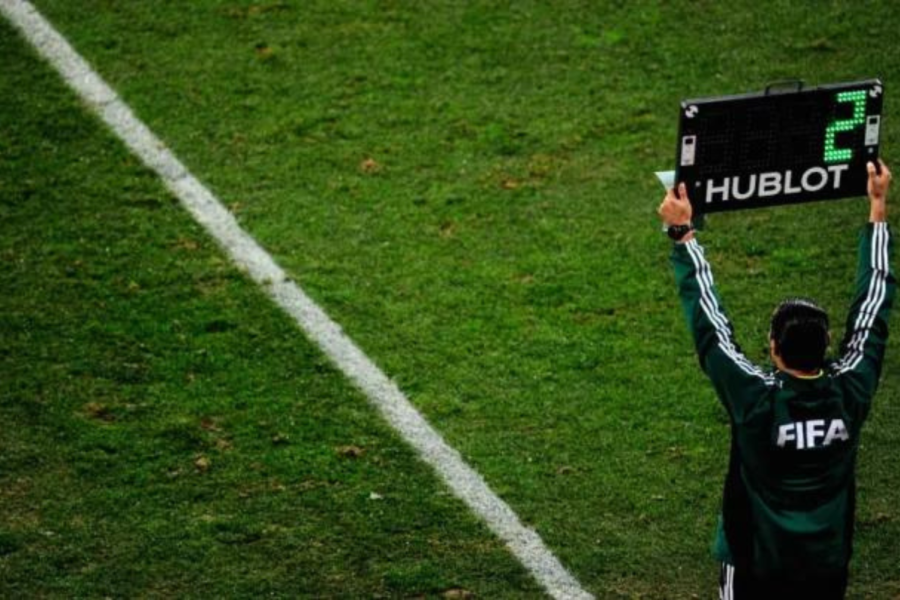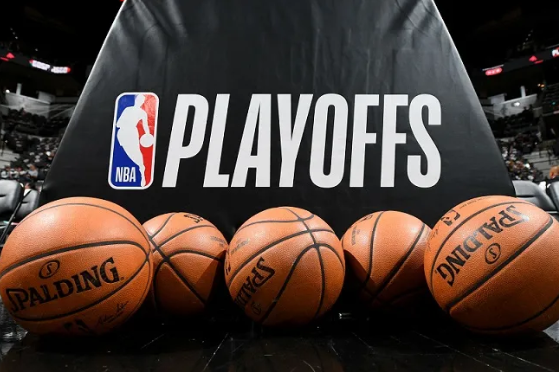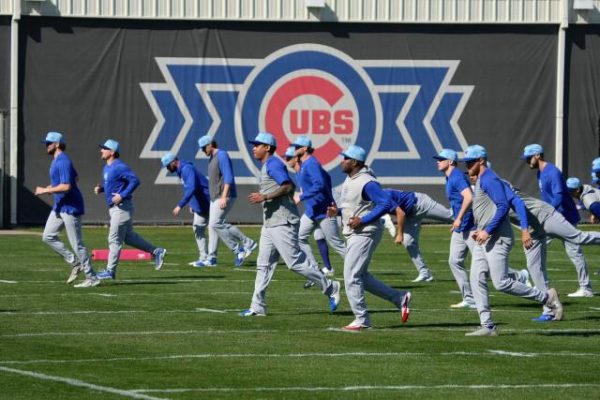90 Minutes, Half a Game
January 25, 2023
Arsenal and Newcastle, currently first and third in the Premier League, met for a highly anticipated match on January 3rd. To the disappointment of many, the match ended in a scoreless draw, but the scenes at the Emirates stadium drew the attention of football fans all around the world.
While the match ran for a full 90 minutes plus additional time, the ball was only in play for a reported 53 minutes. For the other 37+ minutes, players were chasing balls out of bounds, suffering “cramps”, and taking set pieces and throw-ins as slowly as possible.
The unfortunate truth is that this match was not a significant outlier. On average, only 61 out of 90 minutes have been played in the Premier League this season. While there will always be unavoidable stoppages in play, they should not take up such a large part of the game.
The time wasting that is becoming so common in professional football is deliberate, a tactic often used by teams that are playing for a draw. Though it has proven effective, as evidenced by Newcastle obtaining their desired result of a draw against the top team in the league, deliberate time wasting is frowned upon by much of the football world, especially when it is used by a team as a central part of their game plan. The less the ball is in play, the less action–and watching players walk around and lay on the ground is not the entertainment that professional sports are supposed to provide.
A potential solution to the issue was implemented at the World Cup in Qatar. Officials added on huge amounts of stoppage time that actually corresponded with the amount of time the ball was out of play. This resulted in extra long games and discouraged time wasting, as players could no longer effectively waste time.
To the dismay of many fans, the rule seems to have been left behind in Qatar, and games where players are finding ways not to play are as common as ever. With big ticket fixtures being watered down by the passive time wasting tactics, the Leagues need to decide whether or not to change the rules, for example, adopting more accurate extra time systems such as the system seen at the World Cup.
Until the day when the stoppage time rules are updated, fans can look forward to plenty of time wasting in the place of many high stakes, high intensity matches.













